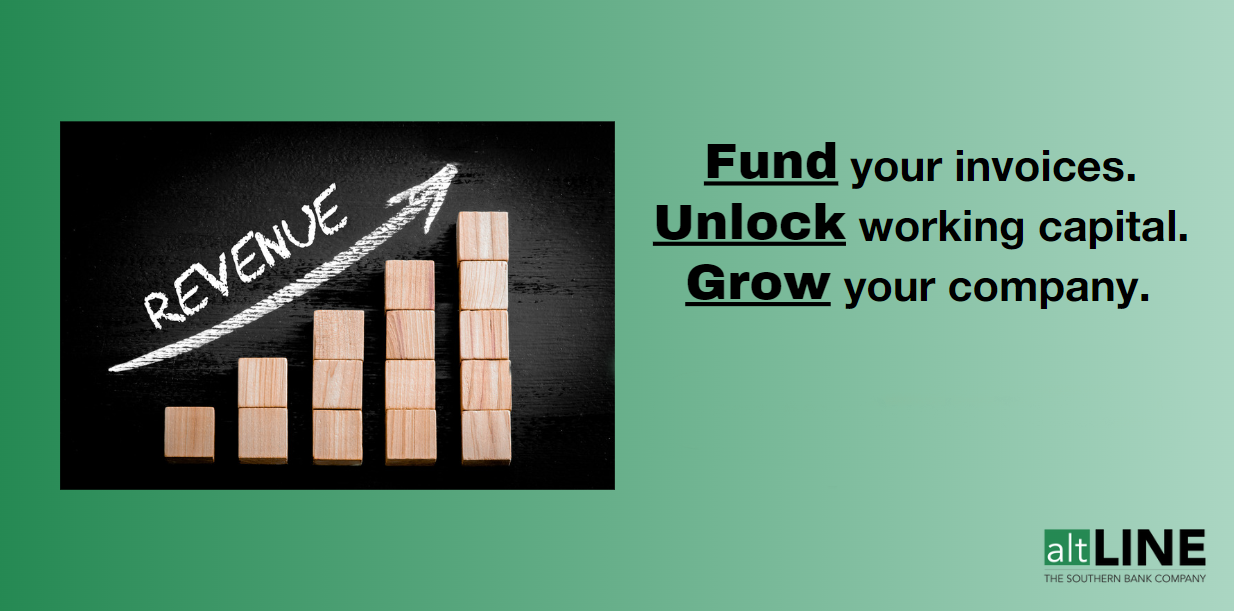What is Debt Factoring?
Last Updated September 18, 2023
Business owners always seek out ways to leverage their assets. One way to do so is by utilizing debt factoring — a specific form of financing designed to help partners and managers reach short-term business goals and obtain funding without a loan.
Debt factoring is based on selling accounts receivables to a third-party debt factoring company that pays a fee for those accounts receivables.
We’ll talk more about how debt factoring works in a bit, but essentially, it enables businesses to obtain convenient access to funding without having to wait for their customers to pay for the services or goods they received. Debt factoring is sometimes referred to as invoice factoring or invoice financing, or simply factoring.
The best way to understand this form of alternative financing is to analyze the parties involved and their respective roles in the process in contracts, learn what types of businesses can benefit most, and weigh its advantages and disadvantages.
How Debt Factoring Works
Debt factoring features three entities: a debt factoring company, a client, and a business entity. Here’s how the process works:
- You notify your client(s) that going forward, they will submit payment to the factoring company you choose to work with rather than your business (unless utilizing non-notification factoring).
- Once you invoice your client, the factor purchases the outstanding invoice from your business in exchange for an 80-90% cash advance.
- Your client submits payment to the factor.
- Once payment is processed, the factor releases the remainder of the invoice value (10-20%) to your business, minus a small factoring fee, which will range from anywhere between 0.5-5%.
And voila! You have completed the process of debt factoring.
There are many reasons a business can benefit from choosing this form of financing.
Advantages of Debt Factoring
Most users of factoring are small, growing businesses. Reading some of the advantages of debt factoring will provide insight as to why that is (hint: it often has to do with how you qualify for this form of financing).
Increase in Working Capital
Fast access to operating capital is the primary advantage of debt factoring. Accounts receivables are transformed into cash quickly: businesses do not have to wait for customers or clients to pay for goods or services. Small business owners often say that one of the major benefits of this newfound capital is an ability to make payroll without worry.
Improved Cash Flow and Overall Cash Flow Stability
An additional advantage of debt factoring is streamlined cash flow. This is particularly relevant to small business owners, one-third of whom have said they are not comfortable with their cash flow.
Late payments and collection fees can weaken a business’s growth predictions. By improving cash flow, businesses can purchase equipment and supplies or focus on paying expenses related to wages, taxes, and inventories, and overall, use the new capital to increase productivity.
No Collateral Required
Yet another advantage of debt factoring is the freedom from having to put up collateral for a loan or overdraft. Loans typically require the debtor to assign rights to collateral to a third-party lender. Being free from these security interests will enable a business to operate in a more spontaneous manner.
Lightened AR Responsibilities
As a small business owner, you’re likely juggling numerous responsibilities, perhaps handling or overseeing your own accounts receivable tasks.
A factoring company will take a few stressors off your plate pertaining to customer payment. The cash advance gives you peace of mind so that, if for whatever reason your customer doesn’t pay on-time, you won’t have to spend time figuring out how to draft professional, polite emails or playing phone tag trying to chase payment, which otherwise could prevent you from making payroll on-time or keeping operations running smoothly.
Qualification Not Dependent on Your Credit Score
Lenient qualification requirements are another feature of debt factoring that makes it particularly popular for owners of small, growing businesses. If you have subpar credit or minimal credit history, you’ll likely find it difficult to qualify for traditional forms of lending. This is why debt factoring is a fantastic alternative. Factors will inspect your customers’ credit history and overall business background, but they aren’t as interested in yours. As long as your customers have been fairly reliable with paying for goods or services in the past, you shouldn’t have an issue qualifying for debt factoring.
Plus, debt factoring is considered a no-doc business loan! While there will be some paperwork required when applying and onboarding, it’s significantly less demanding and time-inducing than what’s required of most traditional bank loans.
Disadvantages of Debt Factoring
The factoring fees are the biggest drawback to using this form of financing as a cash flow tool for businesses. The debtor’s credit score and the extent of the contractual relationship are factors that will influence the price of the arrangement.
The fee for debt factoring can be as low as 0.51% of the total value of all the accounts receivable associated with the transaction. If the invoice remains unpaid then the fee will increase over a particular interval of time.
Debt factoring brokers can also charge a flat fee to perform factoring arrangements. This flat fee will depend on various factors:
- Business stability
- Quarterly or annual sales volume
- Payment terms and late fees
- Customer creditworthiness
These factors will contribute to the actual number the debt factoring broker uses to calculate the flat fee arrangement. Business managers and officers should compare the costs associated with using debt factoring brokers.
No company is guaranteed to collect unpaid invoices. The factor may demand that the business purchase all the unpaid invoices or replace them with other invoices of equal value.
The factor will collect the invoices and it is not guaranteed that they will use ethical practices when attempting to collect their money from customers. Businesses may need to investigate the factor to make sure the company abides by the best practices standard.
In Summary: Pros and Cons of Debt Factoring
To recap, this table provides a quick scope into whether debt factoring makes sense for your business:
| Pros | Cons |
| No collateral required | Not ideal for large businesses |
| Lenient qualification process, including no minimum credit score | Small factoring fee (0.5-5%, depending on the business) |
| Increase in working capital | Risk of customer not paying invoice remains, and depending on factoring agreement, you may be held liable |
| Immediate cash flow boost | Some independent factoring companies (those not affiliated with a bank) have a history of predatory behavior |
| Reduces stressors that come with managing accounts receivable | Your customers may be wary of working with a third-party |
Is Debt Factoring Right for Your Business?
Small business owners are more likely to use debt factoring out of necessity if they are unable to obtain operating capital through a bank loan or a line of credit. Larger companies may have access to reserves of capital. Many different businesses can benefit from this type of financing, but small and medium-sized businesses will be prime candidates for using it as a regular component of their business operations.
Debt factoring will become more pervasive as business owners use more flexible business strategies and tactics. Every entrepreneur, officer, and manager can benefit from understanding how it can contribute to stable and healthy economic growth.




